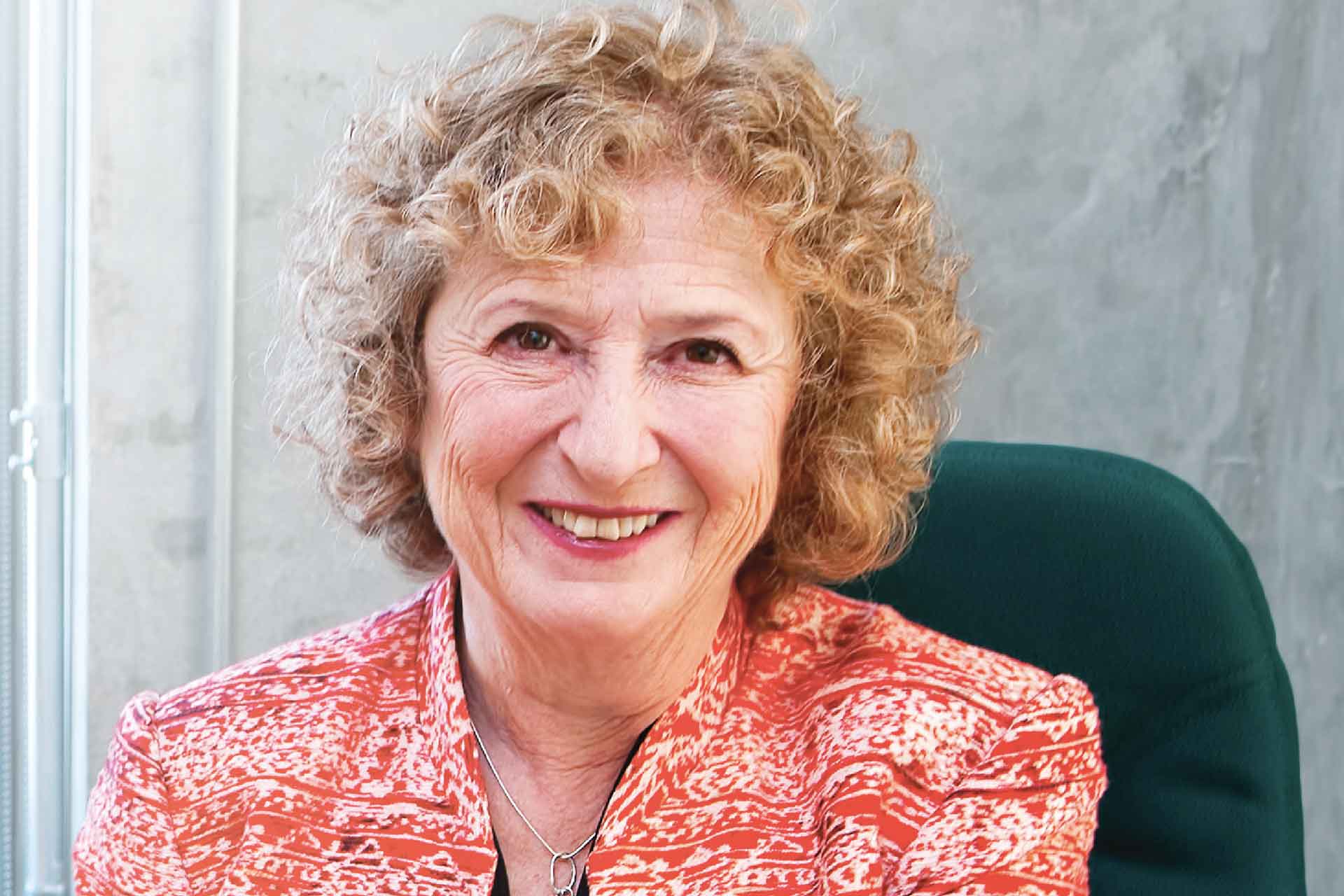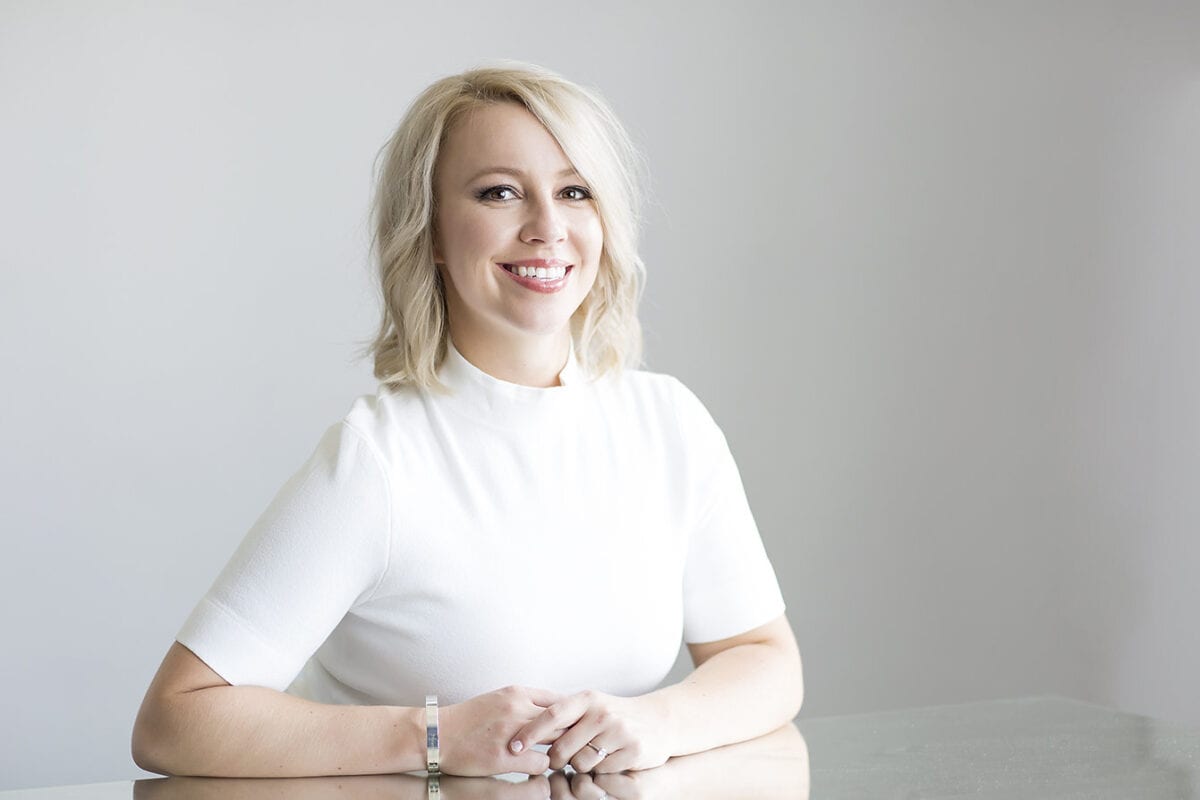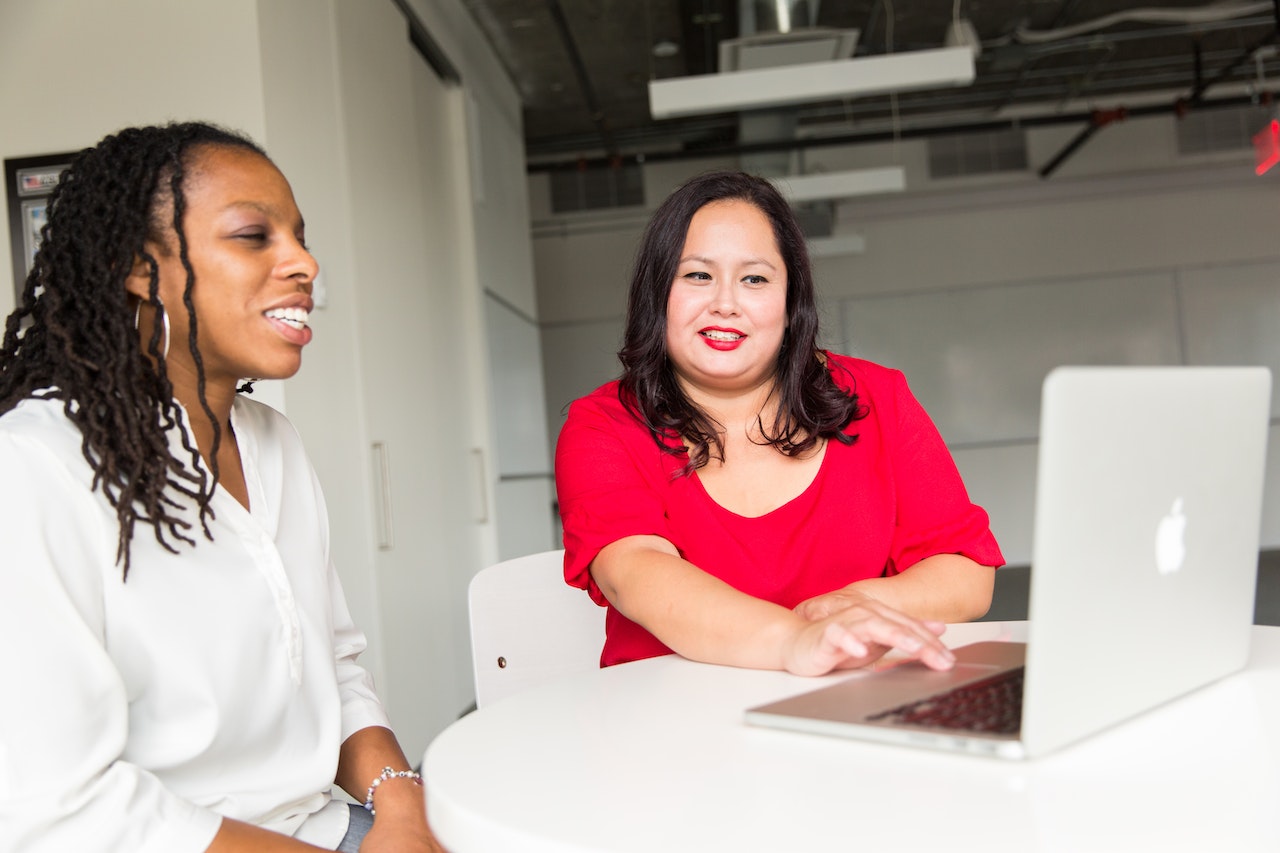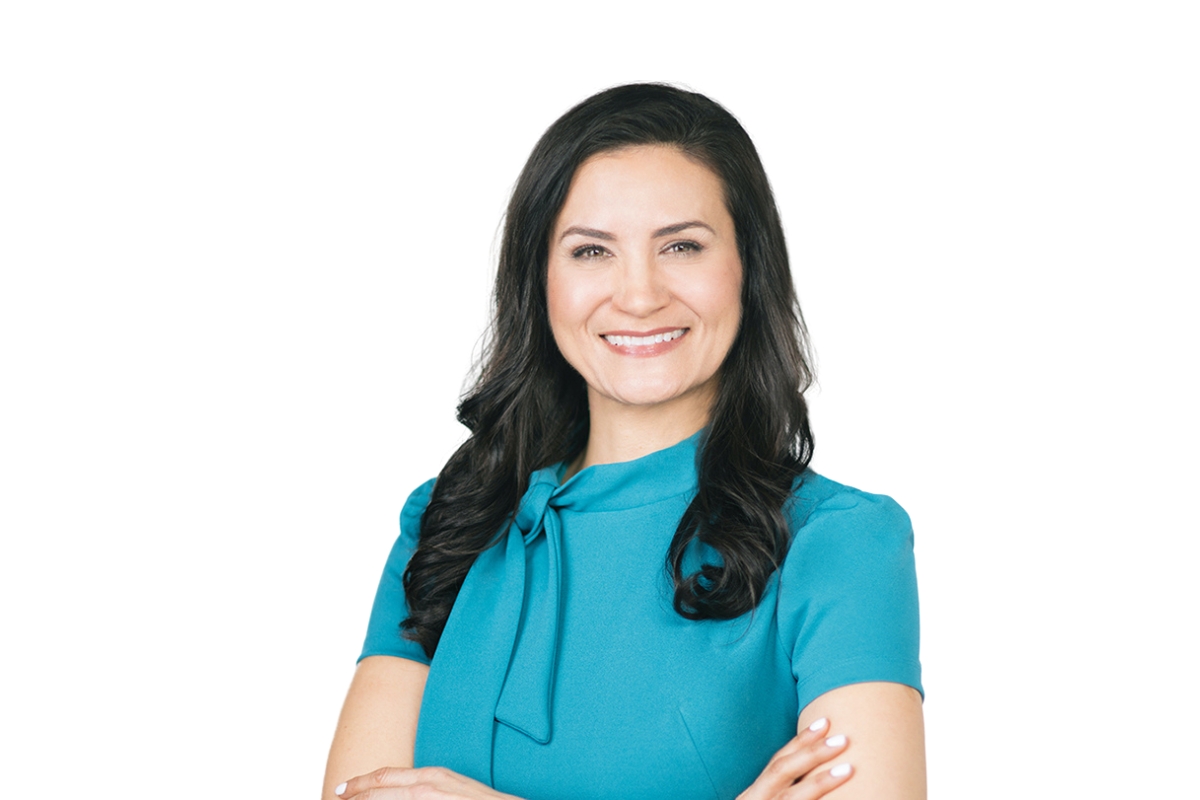CEO, author, and accomplished concert pianist: these are just a few titles Marcia Nozick has on her resume. She’s a founding member and CEO of EMBERS (Eastside Movement for Business and Economic Renewal Society), and the recipient of numerous awards, including the BIV Influential Women in Business Award. Nozick envisioned an organization committed to building sustainable communities. Driven by her entrepreneurial spirit and leadership, EMBERS went from a small and innovative idea to becoming an award-winning member of Vancouver’s economic community. She was featured in the Winners’ Circle of a previous issue of The Edge, and this is part of that interview.
What was the process for establishing EMBERS? How did you overcome any struggles or roadblocks?
Around 1999, I, an active volunteer and resident of the Downtown Eastside (DTES), was chairing а committee on community economic development. This committee conducted 18 months of roundtable discussions with residents to understand what strategies would work for the neighbourhood. The committee identified а need to establish an organization aimed at empowering the hidden entrepreneurial talent of the community. As а result, I founded EMBERS in 2001. The first of its kind in the DTES, EMBERS’ mission was to help low-income entrepreneurs access the training and support needed to turn their talents into businesses and become financially self-sufficient.
ln 2008, you launched ЕМBERS Staffing Solutions (ESS), а social enterprise that provides jobs to people who face barriers to employment. What motivated you to start it?
ln 2008, we launched ЕМBERS Staffing Solutions as а way to have an even greater social impact, targeting people in our community who are facing barriers to work, but looking to rebuild their lives. Through our job-creating social enterprise, we employ people in addictions recovery, people exiting prison and people facing other life challenges – people who have truly changed their lives, but struggle with getting а job because of their past. Mainstream employment programs at the time focused on finding people full-time work. For а large portion of the population of the DTES, holding а full-time job was not а realistic option due to mental or physical illness, life crises, and other barriers. As а result, we created ESS with the goal of creating flexible, short-term work placements that could act as а bridge towards full-time employment.
What do you think Canada’s greatest social problem is today? Do you have any suggestions about how citizens can help resolve it?
I think Canada’s greatest social problem is the income disparity between its richest and poorest citizens. Nearly one out of five children in Canada lives in poverty. This is а country where wealth abounds and where the top 20% own 70% of the wealth. What this says to me is that we don’t have an economic problem but а moral problem. It’s about the choices we make in how we distribute our wealth. Living in poverty leads to many other social problems such as poor nutrition, poor health, and lower productivity. Income polarization also leads to an achievement and motivation gap. It’s а downward spiral for all of society.
What can citizens do? This is complicated. How do you change а system? At the core, it’s about caring for one another. We need to nurture compassion in our daily life. People can become engaged in helping others and shifting our societal mindset from exclusion to inclusion, from а care-less society to а caring society.
You’ve been working in the field of community economic development for 15 years. What factors hinder а society’s prosperity?
I believe that everybody has something to contribute to the prosperity and health of our society. The problem is that for many people living on the margins, for people living with disabilities or other barriers to employment, there are few avenues of opportunity for contributing to society. Working in the field of community economic development, my focus has been on promoting and creating alternative economic models such as social enterprises, which meet the specific employment needs of marginalized people, empowering them to work and be productive, rather than leaving them out of the economic equation.
What advice can you give to young women who want to help their communities by starting а charitable organization?
Have faith and work hard. Even when things are tough, if you persevere and put in the work required, you can succeed. Also, find your “why” and go after it. If you can connect your work back to your passion, you can never go wrong. Things find а way of falling into place and you will have а meaningful life.
Why did you decide to focus on community development and not work in for-profit companies? What is your driving force?
For as long as I can remember, I have always sided with the “underdog,” the person that others had given up on. I believe in the power of people and their essential goodness. So it was natural that, as an adult, I would choose to work with people who had challenges, but who I believe with the right kind of support can rise above their challenges and succeed in life. I see this every day. It’s а miracle and it keeps me inspired.
Shirley Graham | Editor at Large




















